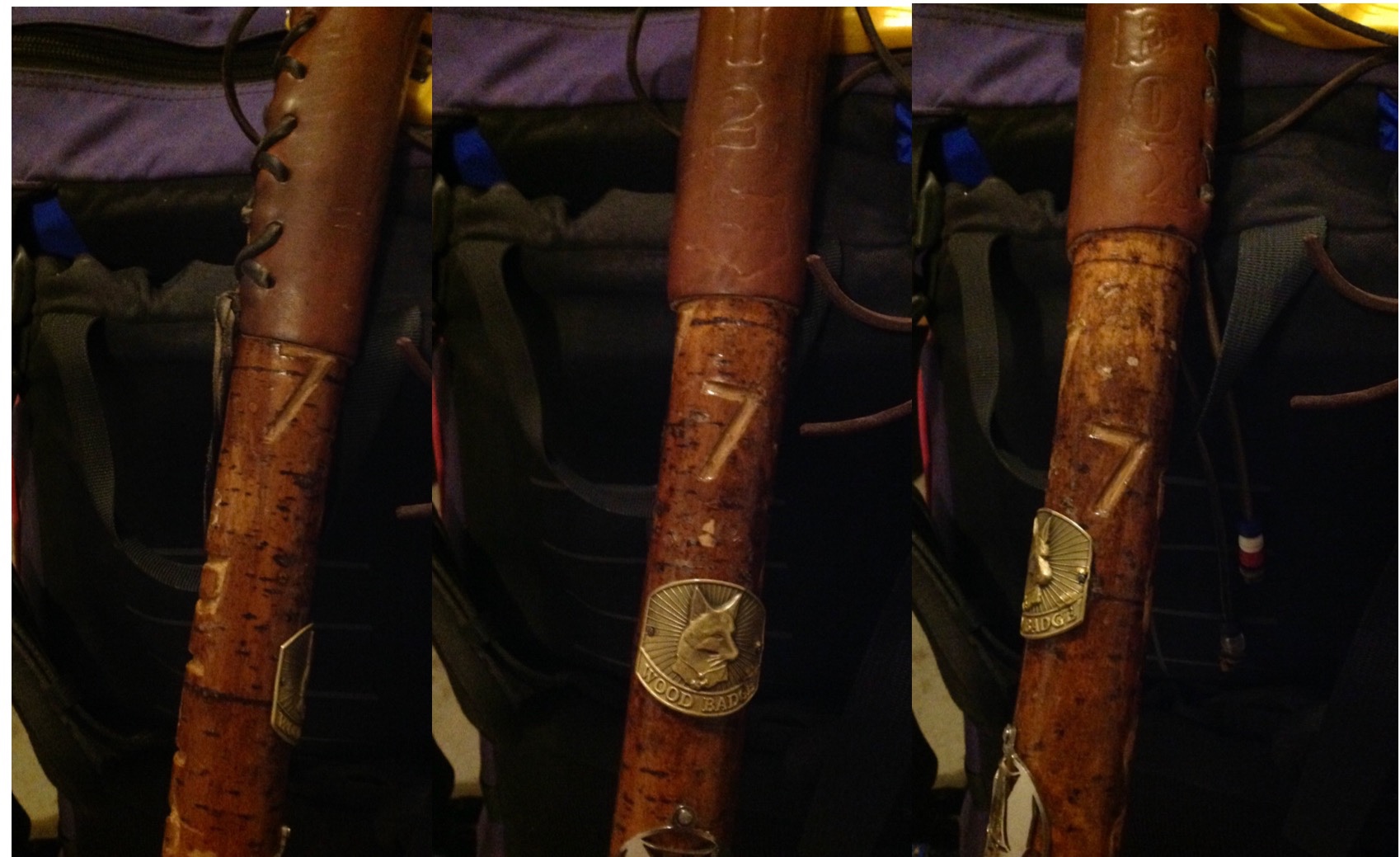On June 12, 1994 an airplane took off from Boeing field in Seattle and changed the nature of air travel. The very first Boeing 777 took it’s first flight that June morning.
If you lived in Seattle, or the surrounding areas, it was a big deal. People lined the fences at Boeing Field. Kids skipped school. It was like watching a rocket ship taking off. Well, except it was an airplane.
The test flight that day lasted over 3 hours. The pilots put it through it’s paces and took it up to 19,000 feet. The plane passed every test with flying colors. . .white colors mostly, because it was a test. . .
I wasn’t working for Boeing, but I knew a lot of guys who did. The triple-seven, as it was quickly dubbed, was a major leap for Boeing. It had tons of innovative “airplane” things that I don’t remember because I’m not an airplane guy.
What I do remember is that it was the first Boeing plane designed entirely on computer.
I was working at Microsoft and we had our own big project. Windows 95 was just a few months away from shipping. Like the 777 was for Boeing, Windows 95 was viewed as the future of the company. Microsoft was moving away from the boxy look that had been part of Windows for years. Windows 95 was going to be a whole new interface.
One of the bragging points of the 777 was that it had more lines of code than Windows 95. I think they talked about a million lines of code to make the 777.
To those of us at Microsoft, this wasn’t reassuring. We knew how buggy Windows code was. Not that it was any worse than any other piece of software. . .(Okay, maybe that first version was a little worse, but it got better.) The thing is all software has bugs. And Boeing had just told us that they designed the 777 using software.
There’s a joke that was popular at the time called “If Operating Systems were Airlines.” For Windows 95 it says:
Windows Airlines: The terminal is neat and clean, the attendants courteous, the pilots capable. The fleet of Lear jets the carrier operates is immense. Your jedt takes off with a hitch, pushes above the clouds and, at 20,000 feet, explodes without warning.
Fortunately the Boeing engineers made airplanes that didn’t crash as often as our operating system.
The very first 777 retired this week. It’s going to a museum. Pima Air & Space Museum in Arizona. Twenty-four years is pretty good for a plane. It’s odd to me to be old enough to remember the beginning of things that end after a long time.
The 777 is more than just an interesting story for me. I actually carry it with me on every campout and hike. When the 777 was being readied in Seattle, I lived in Renton, Washington. We needed to form a new boy scout troop. Every boy scout troop has a number associated with it. The troop I work with currently is Troop 832 of Pleasant Grove, Utah. Some of the fathers who would be involved in helping run the troop were also Boeing engineers. And they quickly realized that no troop in the United States had the troop number 777. So, we formed Troop 777 of Renton, Washington.
Around this same time I cut a five foot section from a vine maple tree in my backyard and started making it into a hiking stick. I’ve carried that stick across the country and back, through forests and deserts and up and down mountains. And every step of the way, it’s proudly displayed the number 777.
So, when that airplane made its way to the Arizona desert to become a tourist attraction, a piece of my history and our old troop mascot retired.
The end
Rodney M Bliss is an author, columnist and IT Consultant. His blog updates every weekday. He lives in Pleasant Grove, UT with his lovely wife, thirteen children and grandchildren.
Follow him on
Twitter (@rodneymbliss)
Facebook (www.facebook.com/rbliss)
LinkedIn (www.LinkedIn.com/in/rbliss)
or email him at rbliss at msn dot com(c) 2018 Rodney M Bliss, all rights reserved
